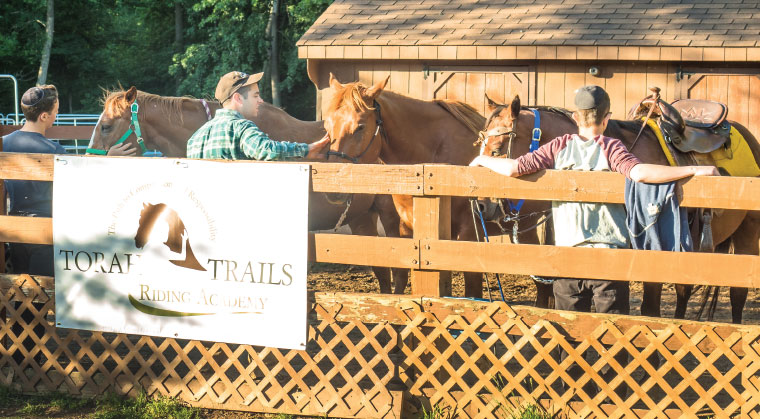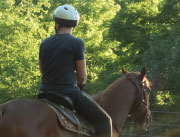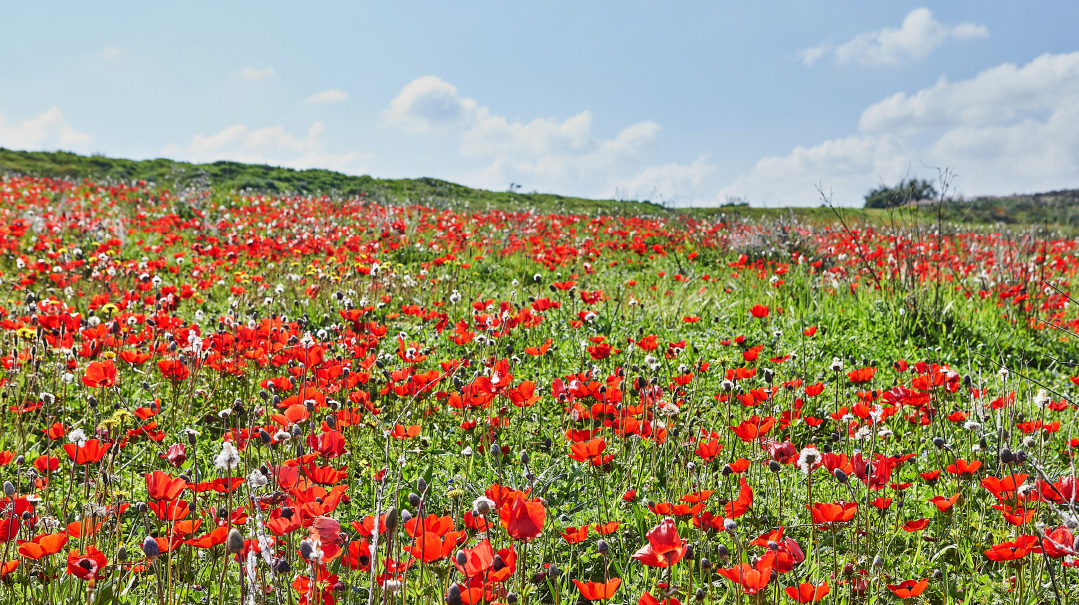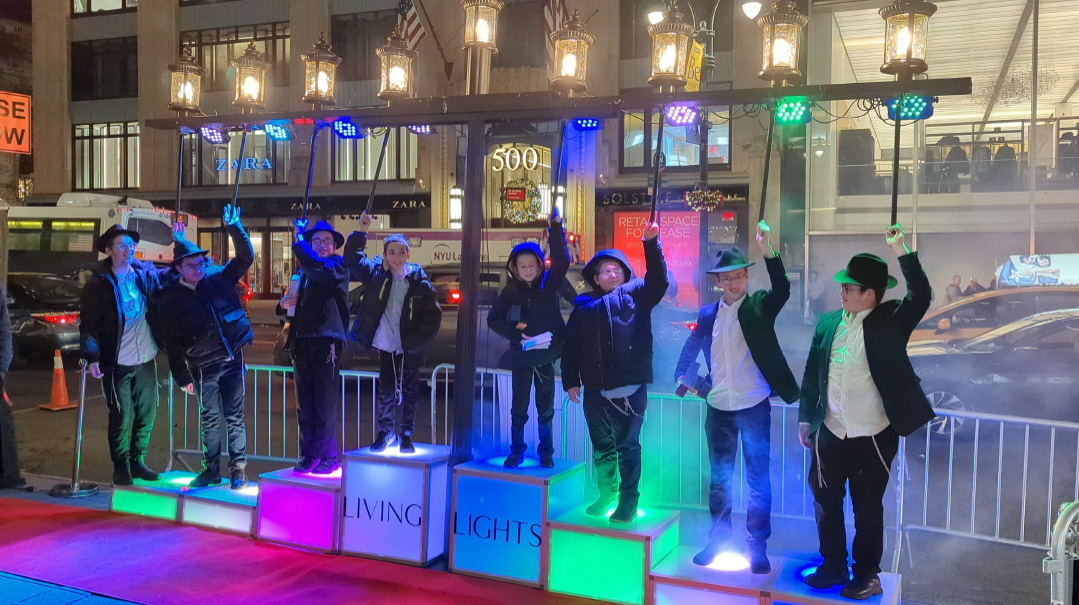Riding High


Photo: Shutterstock
I
arrive at a picturesque street inNew York’sHudsonValley the kind with huge front lawns and large shady trees. I am greeted by Rabbi Ruvain Chait a resident ofRocklandCounty who runs a horse-therapy program called Torah Trails. We walk down a narrow path past a charming well-kept home and I discover of all things a horse farm. But it’s not just any horse farm. These horses are instrumental in helping young men acquire a healthy sense of pride and self-esteem.
I am introduced to Bucky Fred and Shorty three handsome sleek deep-brown geldings who eye me warily. Rabbi Chait assures me that they are well trained and relatively tame but I prefer to stay outside the corral at least for now.
I also meet Dovi Ari Yossi and Mike Rabbi Chait’s students. They are standing in a corner and I get the sense that they too are eyeing me warily. The boys are 15 or 16 years old appear to be bright and well mannered but somewhere along the way they’ve lost their way. They’ve quit going to school and would most likely have been counted among the statistics of “at-risk youth” if not for Rabbi Chait’s guidance. He teaches the boys to ride and train horses and they are learning to climb “back in the saddle” of life again.
I quickly learn that Torah Trails is not just about jumping on a horse and riding into the sunset. Rabbi Chait makes the rules and sets high standards. The boys are expected to show up on time every morning — rain or snow or shine — and are responsible for maintaining the grounds and feeding and grooming the horses. When necessary they even shovel manure.
Rabbi Chait’s boys start the day at 10 a.m. and end it at 5 p.m. Monday through Thursday. Although Rabbi Chait’s students attend his program simply because they don’t want to attend yeshivah children around the world are turning to equine-assisted therapy to help treat a variety of mental and physical conditions.
The therapy is based on the idea that taking responsibility for a large animal and the challenge and danger that goes along with riding a horse force the participant to invest time and energy in a task beyond him or herself. That activity in turn builds self-confidence and a sense of accomplishment.
“Learning to control a dangerous animal requires patience and the ability to conquer fears” says Rabbi Chait. “Skills learned by grooming training and riding horses instill self-confidence and pride.”

Whenever possible Rabbi Chait weaves in healthy doses of hashkafah and halachah. (“Are you allowed to feed a horse on Shabbos? Is closing the gate a form of ‘tzeydah’ trapping?”) Most importantly Rabbi Chait presents himself as a role model a ben Torah who successfully bridges the gap between his unconventional hobby and a Torah lifestyle.
Rabbi Chait’s day usually starts at 4:30 a.m. and by the time he arrives at the horse farm he has already davenedk’vasikin and learned a morning seder. The rest of his day is spent working with the boys coordinating with parents and mental health professionals and fundraising.
Running a specialized program such as this is costly and Rabbi Chait’s students are required to pay a minimal tuition. After that Rabbi Chait seeks donations from “investors” who are eager to share the zechus of helping bright and capable youngsters to lead happy and productive adult lives.
Oops! We could not locate your form.







